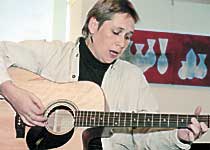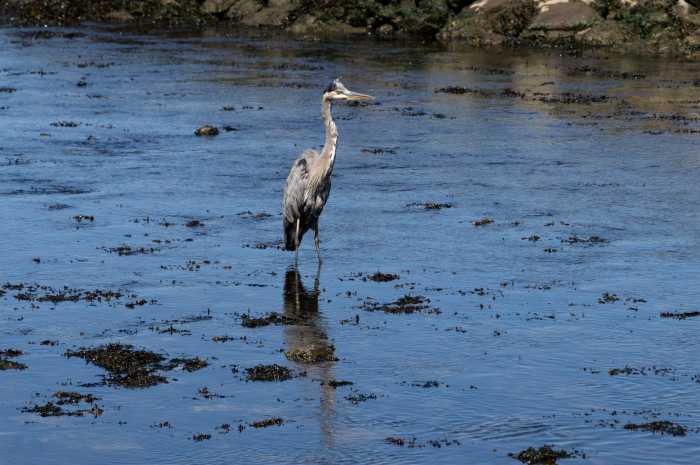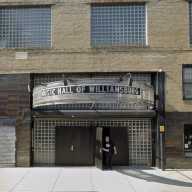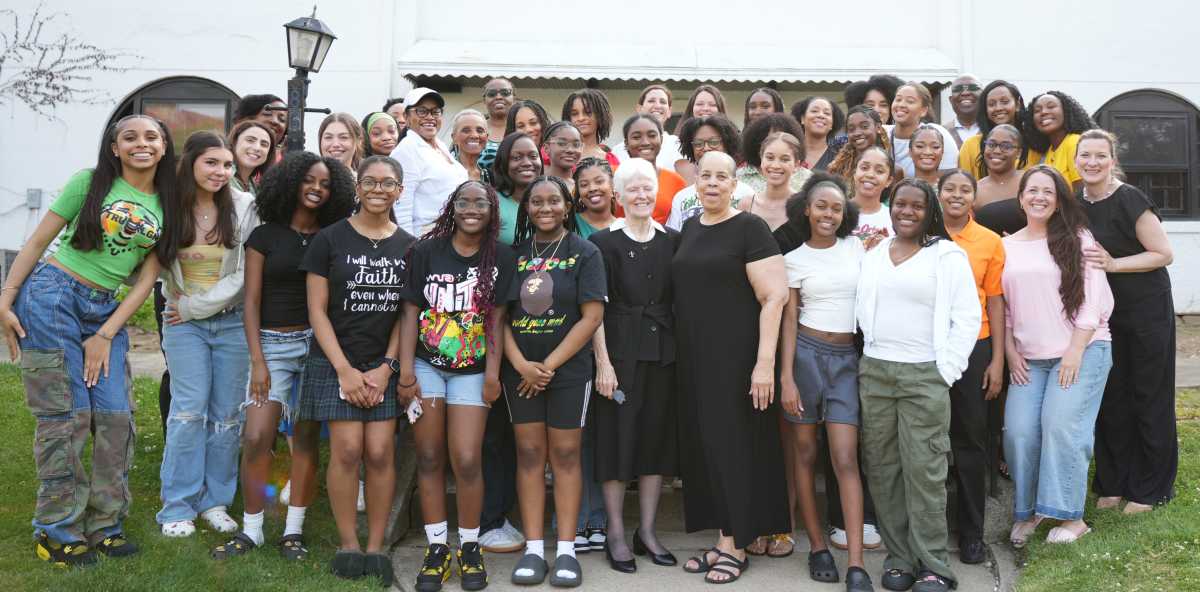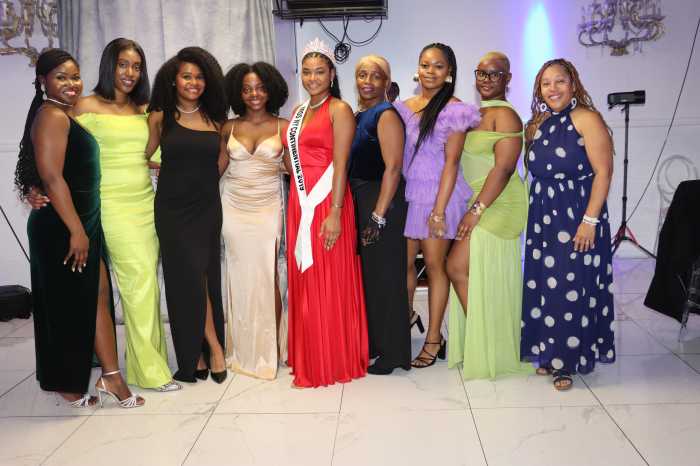"I represent the red dirt and water/The blood in the
veins of the Mother Land," begins "Red Dirt and Water,"
the opening track of "Flight of the Emu," Australian
rocker Debbie Morrow’s debut album.
Morrow’s CD, which was originally released in 1999, contains
nine original songs. They are overflowing with the anger and
angst of a native Australian of aboriginal heritage, who was
taken from her birth parents at six months and until four years
ago, was denied access to her birthright and culture.
"Being an aborigine, to me, means my complete identity,"
said Morrow. "I come from a culture that has been pushed
around a lot. But we are still so full of our ancestors’ spiritual
guidance – that always helps me see the way." At the time
of our interview she was working on her next CD, which she hopes
will be completed by the end of this year and released in early
2002.
Morrow will perform on Oct. 19 at 9 pm, as part of BAMcafe’s
"Over Down Under" concert series, which complements
its "Next Wave Down Under" theater and dance performances.
Though she performs with seven other vocalists and musicians
on "Flight of the Emu," at BAMcafe, Morrow will perform
on acoustic guitar with her children, Jackson on didjeridu (a
native-Australian wind instrument which stretches from the player’s
mouth to the floor) and Elana on clapsticks.
Morrow’s aboriginal heritage, her resentment towards her foster
family and the anti-aboriginal racism and prejudice in Australia
(she feels that that the attitudes of the Australian people toward
"colored people are prehistoric" and that the Australian
government is "openly racist and xenophobic"), are
themes that repeatedly weave their way into the fabric of "Flight
of the Emu."
"I’m black and I’m white/I’m wrong and you’re right is the
message I hear/So I think to myself what the future holds/For
my children in this racist country," Morrow sings in "Going
Into this World."
In "What Worse Could You Do to Your Child?" Morrow
opines, "So I went home to see some old friends/And what
I saw was a reflection/Of what’s happened to our land/I saw some
attitudes that/Needed changing now/Attitudes about the colours
of the skin/That make this world go ’round."
And in "Blackman," she wails about the lies that are
told about aborigines. "When I was little I was told all
about you/The things you said/And the things that you do/How
you’re a savage that roams free on the land/And how you went
around spearing the white man/And they said you won’t understand/ And
they said don’t talk to the Blackman." She explained that
the term "Blackman" is one used in Australia to refer
to an aboriginal person.
Despite the hard-rocking folk music that appears on "Flight
of the Emu," Morrow said that her musical influences included
fellow Australian vocalist, Olivia Newton-John and Swedish pop
band, ABBA.
"They were happy, feel-good kind of music, carefree kind
of stuff," she said. Just be aware that when you purchase
"Flight of the Emu" these influences will be buried
under the anger. You will probably hear the sounds of another
politically charged Australian rock band, Midnight Oil, who was
also known to take the Australian government to task for its
treatment of aborigines.
The title of her album, "Flight of the Emu," is an
optimistic gesture, however. (Emu are large, dull-colored flightless
birds native to Australia.)
"Emus used to fly back in the dreamtime, when the creator
spirits were creating the land," said Morrow. "The
emu was Biame’s pet, if you like. (Biame is the name of my creator
Spirit.) She used to fly around the skies, and her feathers were
all the colours of the rainbow when the earth was being created
and was still pure."
"Then one day she got a little too curious about the land
that Biame was creating and all the other birds that were allowed
to live beneath the heavens. She needed to investigate.
"She was told many times to never go to earth place, but
of course she did and she finally landed on her feet on the earth.
"After having such a great time she decided to go home only
to find that she couldn’t fly. Then Biame came to see her. When
she asked him what was going on, he replied: ’You were told not
to go to the earth land, because your job is in the heavens.
Because you didn’t listen, I will have to teach you a lesson
you will never fly again until the earth becomes pure again.’
"The reason why I called [the album] ’The Flight of The
Emu’ is because the world is losing it’s purity and spirituality
and beliefs in higher powers. And I believe that one day it will
all turn back to normal, and that’s when the emu will take flight
again," explained Morrow. "It is also my totem, which
is like a kind of spirit guide. These ancestral stories are very
similar to those of the native Indians of America."
Morrow calls her voice a "gift" from her aboriginal
ancestors, and she’s been sharing her gift over the past 18 years.
She’s played in numerous festivals, including the Maleny Folk
Festival and the Melbourne Moomba Festival in Australia. She
has also performed with, among others, Ani DiFranco and Paul
Kelly.
Morrow has just completed a successful tour, which she said has
energized her to begin recording her new album. This time, she
believes she has gotten through a lot of her anger and is now
attempting to focus on the positive in every situation.
"Flight of the Emu," however, is an important statement
from a unique singer-songwriter with a singular vision and voice
and a compelling story. Until we hear her new CD, we’ll fly with
the emu over the red dirt and water, against its very nature,
and we’ll also envision that emu carrying Morrow’s oppression
to a place far away.
Additional reporting by Lisa J. Curtis.
Debbie Morrow will perform at BAMcafe (30 Lafayette Ave. at
Ashland Place) on Oct. 19 at 9 pm. Admission is free, but there
is a $10 food/drink minimum. The "Over Down Under"
concerts run Oct. 4-27. For updates and information, call (718)
636-4139.
"Flight of the Emu" will be available the night of
Morrow’s performance at BAMcafe.


